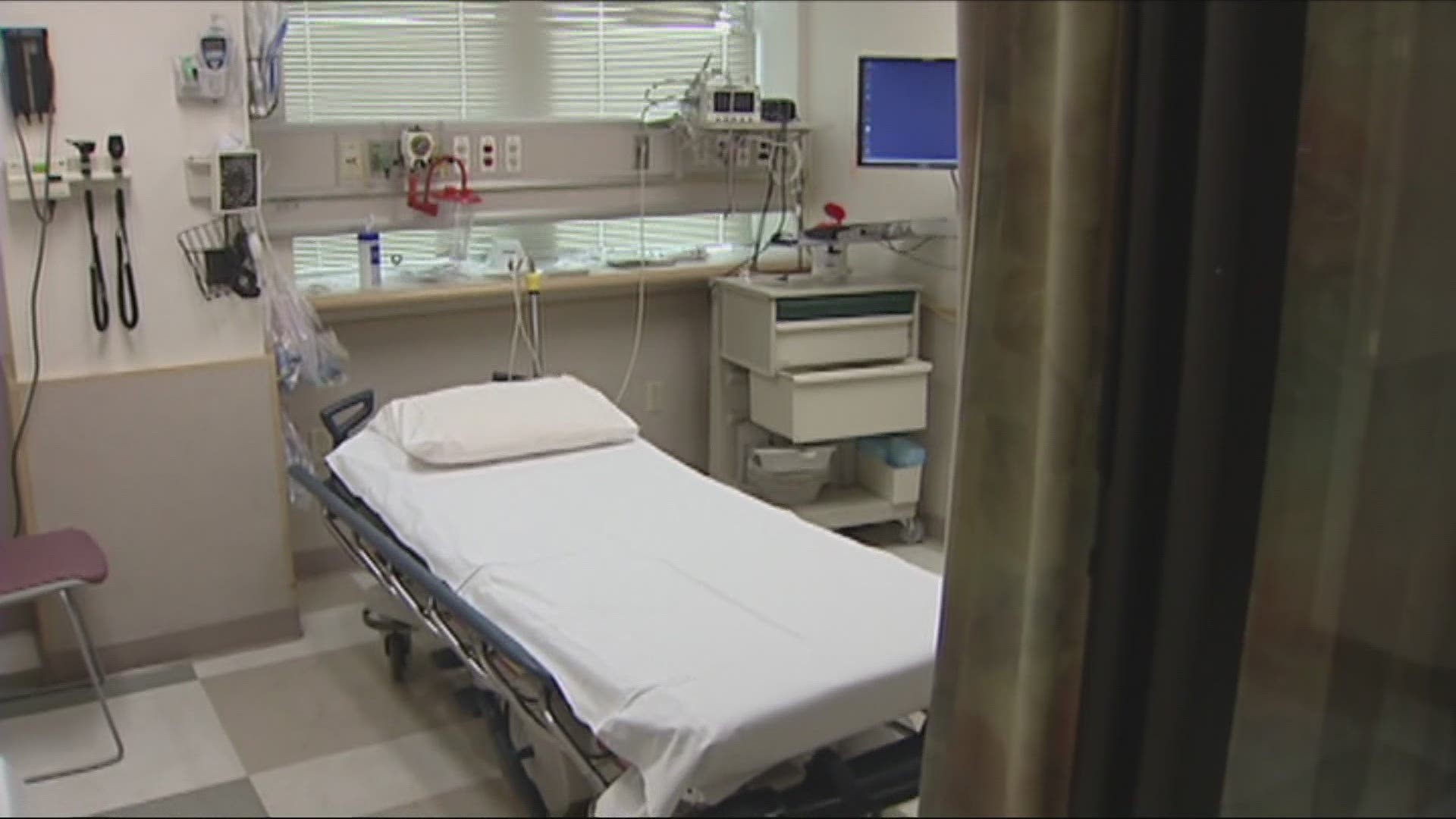PORTLAND, Ore. — Patients feeling the effects of COVID-19 for months after first getting sick have places to find some answers. Dozens of clinics and programs for COVID-19 long-haulers have opened, or are opening, across the country, including a new one Oregon.
Between 10 and 30% of COVID-19 survivors suffer lingering, life-changing issues months after getting infected. The National Institutes of Health (NIH) just labeled their condition Post-Acute Sequelae of SARS-CoV-2 Infection (PASC).
A previously healthy, active, middle-aged pre-school teacher, Amy Watson has suffered from PASC for nearly a year now. In fact, she coined the term "long-hauler".
"I'm pretty fatigued," Watson said. "Woke up super nauseous, I have a headache, a little short of breath this morning. Every day is a different mixed bag of symptoms and I, thankfully, have some medications in my toolbox helping me manage some of my symptoms. But I’m a long way from recovered."
"The majority of my symptoms are a result of damage to my brain stem," Watson added.
She's spent months searching for help and answers from the medical community. At this point, she still has more questions than answers. Watson is more hopeful now that many health care systems have set up, or are currently setting up, specialized post-COVID clinics around the country.
"Having a place where people are coming together and learning what we're going through and building a body of knowledge about long-haulers is essential to providing care for us in a time that's much-needed," Watson said.
NBC News found more than 80 post-COVID clinics working with long-haulers in the U.S., including one opening next month at Portland's Oregon Health & Science University (OHSU). NBC News got the first national data of what post-COVID-19 syndrome looks like across America, with exclusive access at NIH with researchers and labs working to identify this brand new condition.
"We surveyed 64 of those clinics," NBC News Health Reporter Erika Edwards told KGW. "We found there's no consensus on a definition for these patients, there's no consensus for treatment. Largely it's a treatment based on the individual. The 64 clinics we surveyed have been operating for six months on average. Of course a year ago we didn’t know this illness even existed so with that context it’s pretty amazing what they’ve done in that short amount of time."
RELATED: COVID-19: The Long Haul
Many of the post-COVID patients had mild illnesses, while others were hospitalized and in intensive care units (ICU). Every patient is different and their care involves different specialists, including pulmonologists, cardiologists, neurologists and occupational therapists.
Because this disease is new, doctors don't know exactly how to treat some lasting or new symptoms, which Edwards said is frustrating for them as well. However, they are using knowledge and treatment from other similar long-lasting illnesses, like chronic fatigue syndrome and fibromyalgia. Complicating matters further, Edwards said, is that many of these clinics are doing telehealth visits only. Treatments for long-haulers at these centers vary from physical therapy to medication to mindfulness.
"Some people have headaches and some clinics say they've been trying Botox even to help with them," Edwards said. "There's not a one size fits all approach, unfortunately. There's no magic medication."
Some long-haulers get better, others don't.
As these clinics glean a better understanding of PASC, Congress approved more than $1 billion in December so NIH can research long-term COVID symptoms, and hopefully end the suffering for those like Watson.
"Being told to just wait and see -- it's just not OK! It's not acceptable to us," Watson said. "I would like my life back."

